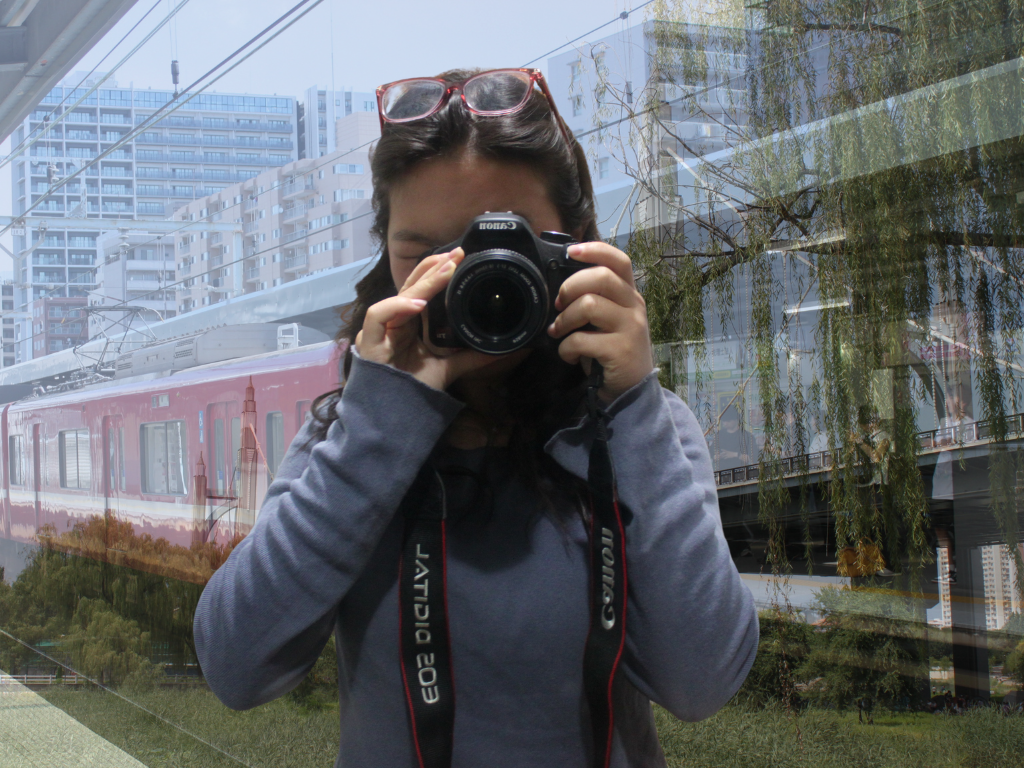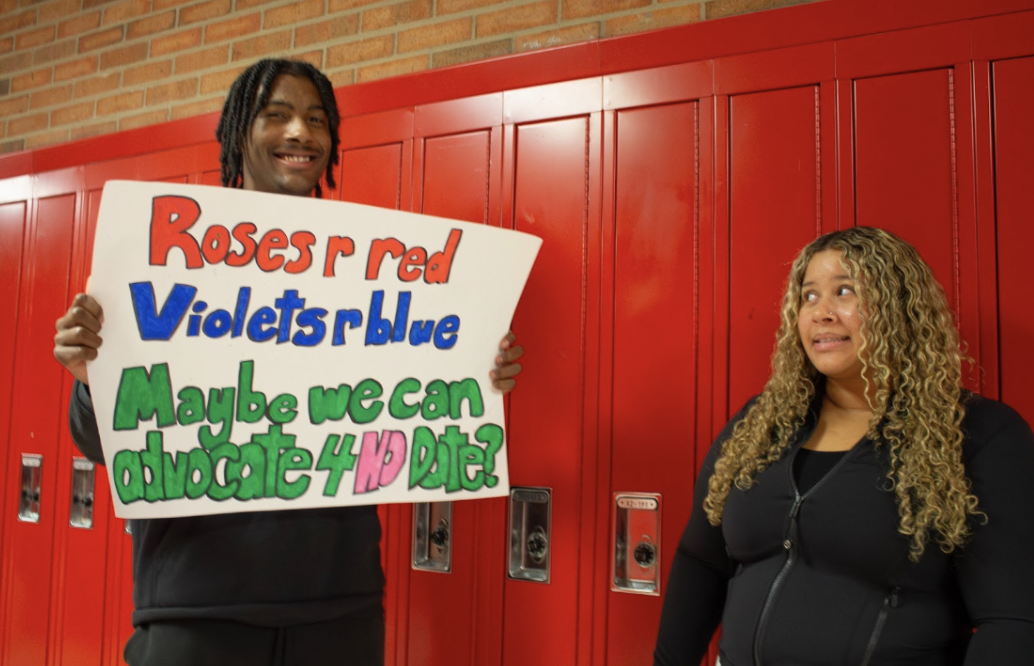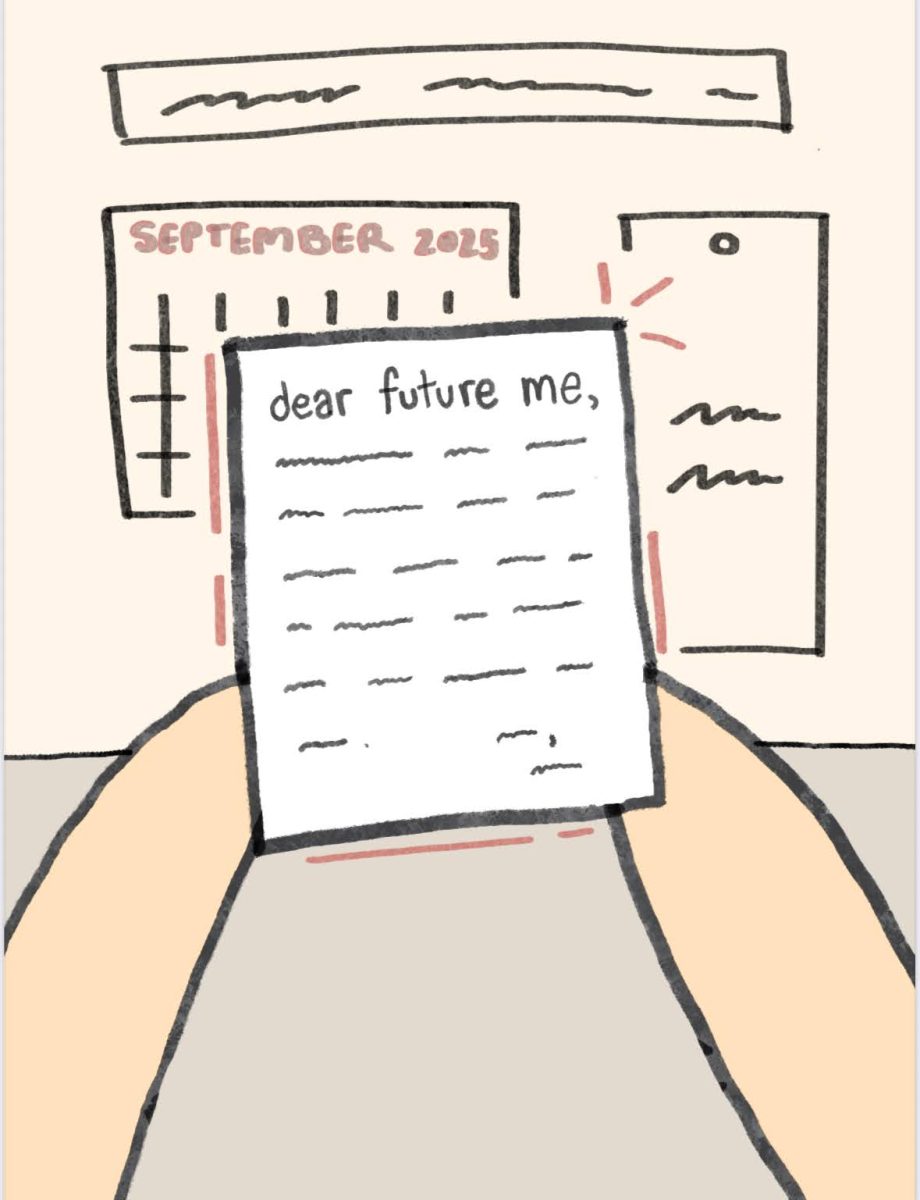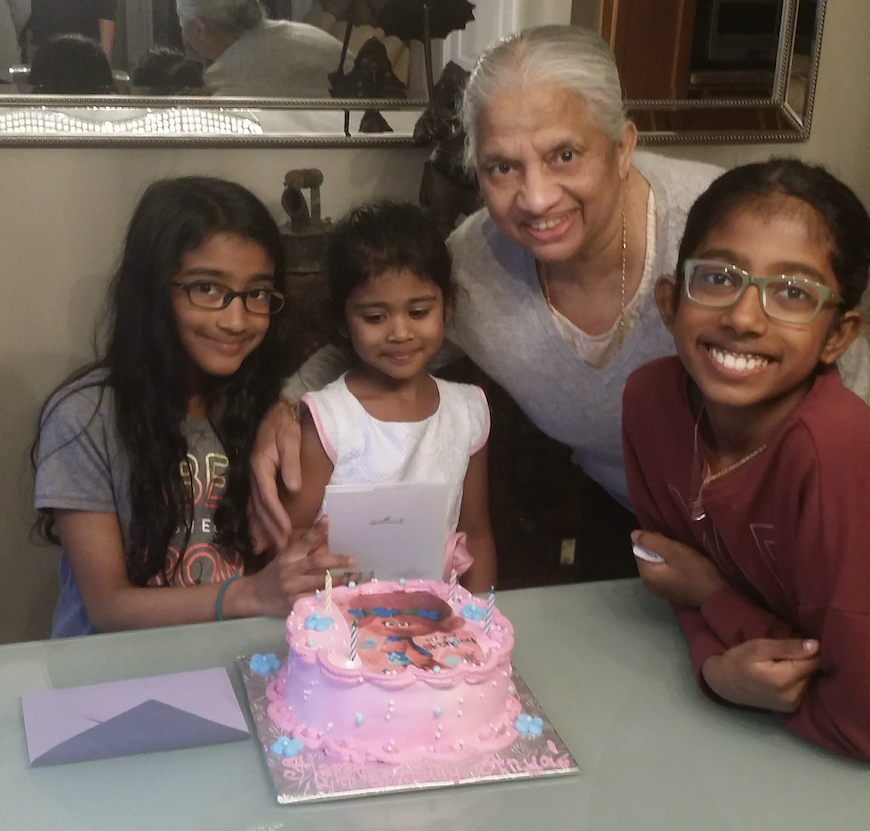“There is always this assumption that to be stuck is to be shameful.”
This is one of the many things Ocean Vuong spoke about on May 21 during the Ann Arbor stop of his press tour for his newly published novel The Emperor Of Gladness, which he collaborated on with the Literati Bookstore.
Since his debut poetry collection Night Sky With Exit Wounds, I’ve been an avid lover of Vuong and his writing as not just a poet, but a person. He has the ability to not just put down words on a paper, but coerce them to create meaning. This meaning is what I found myself reading from the window sill of my hospital room on the 5th floor in the Mott’s Children Hospital and on the 19 hour airplane rides to visit family in Saigon for the first time in seven years. Nothing could’ve prepared me to hear this meaning come from Vuong’s mouth, though.

(Salem Dinh)
Vuong started the beginning of his meeting in the University of Michigan’s Rackham Auditorium by reading an excerpt from his newest novel. The Emperor Of Gladness walks through the story of Hai, a young boy who begins the story at the edge of a bridge, ready and contemptuous with ending his life. While there, he sees Grazina, an elderly woman who he then decides to become the full time caretaker of. The novel explores how to live after one has accepted their death, and this is what Vuong talked about during the meeting.
Out of everything Vuong spoke about in that one hour he had with the audience, his opinions on life and why it is meaningful stuck out to me the most.
“American life is static,” Vuong said. “Even at its best.”
There is this assumption in mainstream society that life can only be fulfilling if there is some big event that occurs in our lives. Unless you win a nobel peace prize or become the president of the United States, your life cannot have meaning. It sounds absurd on paper, but it is the unspoken expectation of those around us.
For me, pushing this expectation onto myself has caused me to almost feel inhumane. Working at school and studying is only towards a big goal in my life. If there is no result from my hard work, then what is the meaning? I stop becoming a human being that works because I care for something, but a robot that is programmed to create an outcome.
This is often what not just high school does to students, but life does to people. We lose the part of ourselves that just did something because we wanted too. Everything must have meaning, and it cannot just exist to just exist. Vuong speaks against this, though.
Life doesn’t need to be defined by our big accomplishments, but the static routines that are always there. The love I have for flute doesn’t need to come from a competition I won, but the few minutes I spend each day practicing scales. The joy I have for learning isn’t because of a 94% I got on a test, but laughing with my friends at the library after we completely failed to understand integrals and derivatives. The happiness I find from poetry isn’t from a book or blog I publish, but the taste of pistachio latte as I sit in the corner of my favorite cafe typing away on my laptop.
The secret to happiness is not success, the secret to success is happiness.
Sometimes, “life is static,” just as Vuong said. And sometimes, it’s at its best because it is static. That is what being human really means. To be static in our own happiness in a moving stream of life.










